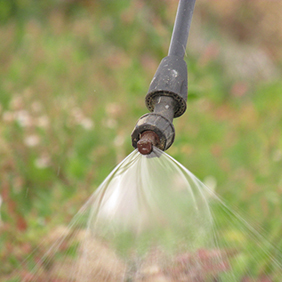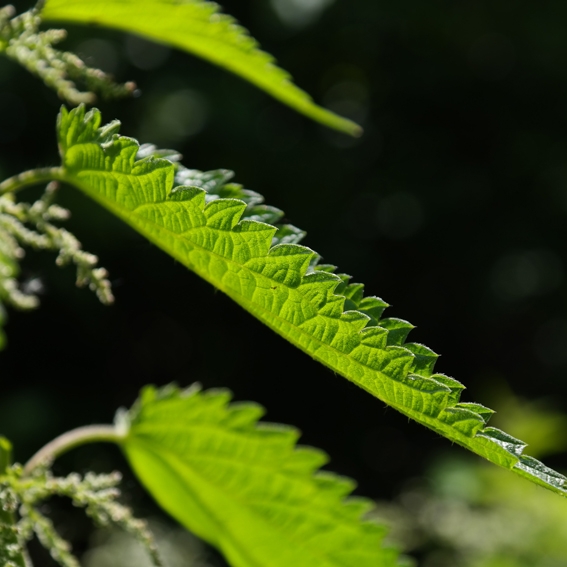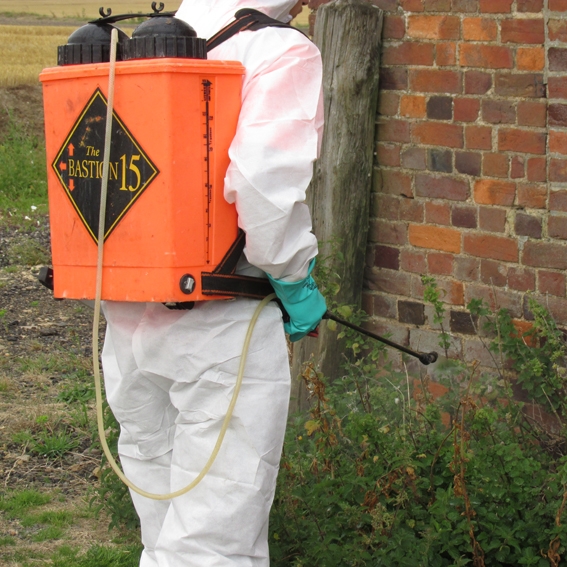
Buyers Guide To Spraying Chemicals
We’ve dedicated a lot of these blog pages to arborist and tree surgery related topics, but we thought that it high time we explored some landscaping topics.
What are Chemical Products used for?
Pesticides (or plant protection products) are used to control animals and plants that we regard as pests or undesirables. Their role is vital in maintaining the visual appeal and safety of parks and public spaces and in keeping industrial sites and the transport infrastructure (roads, railways, runways) working as it should.
Without chemicals, we wouldn’t be able to manage flood risks, due to overgrowth of some plants, prevent invasive species from damaging other plants or maintain the quality of sporting venues and recreational facilities such as football pitches and running tracks.
Sprayers are essential equipment for landscapers and outdoor workers throughout the UK but the use of these with industrial strength chemicals is a highly responsible job and must be undertaken with great care and only by trained personnel. The official Health and Safety Executive guidance on pesticides makes it clear that these chemicals are designed to interfere with vital life processes and mechanisms and this makes them a hazard to all other life including humans.
By law, everyone who uses pesticides professionally must have received adequate training in using pesticides safely and be skilled in the job they are carrying out.
It is vital that you understand the strict conditions under which the chemicals can be used by thoroughly researching the product and reading the manufacturer’s instructions. It is also critical that the correct protective equipment is worn by all workers using the chemicals in order to prevent adverse health effects including burns, eye irritation and respiratory issues.

Chemical Herbicides
You will need to select the correct herbicide for the job. Please be aware that we stock more chemicals than we list on our website; this is due to the fact that a spraying license is required in order to use most of our herbicides and therefore they are not offered for sale to the general public. Please get in touch to enquire what other products we do.
There are a wide array of options to choose from but two very widely used products include:
- Barclay Amenity Gallup herbicide contains the herbicide Glyphosate which blocks the enzyme system of weeds and kills them. It can be used to control unwanted grass and broad-leaved weeds on hard surfaces (such as paths) and amenity vegetation areas. Weeds take it up rapidly and it is not readily washed away by rain.
- Roundup ProBio 360 is one of the most well-known herbicides for the removal of weeds on hard surfaces. You can rely on it being rain-fast within six hours and this Glyphosate-based herbicide can be used near water (enclosed and open). It is not classed as hazardous to operators, the general public or animals, because it works by blocking an enzyme that they do not have. The product is biodegradable in soil and water.
Spraying Equipment
A professional landscaper’s toolkit is not complete without some chemical spraying equipment. There are some great sprayers around which include:
- Cooper Pegler Knapsack Sprayer: This has a capacity of 15 litres and the side opening is angled so that it empties completely. Constructed from non-corrosive polypropylene, it is safe to use as there are no openings below the level of the liquid so there is little risk of user contamination. The user has precise control of the pressure and will find the quick-fit shoulder straps very useful. The pump handle can be changed to suit a left or right-handed operator. When not in use, the lance can be packed away in a special holder. Everything is designed to make it easy and safe to use including a large opening to prevent spillages and a snap buckle to cut down on lateral movement.
- Oregon Knapsack Sprayer: This represents excellent value for money. You get a robust tank with a capacity of 16 litres which is transparent so you know when it is nearly empty and the design is concave to make it comfortable to wear. The lance can be fitted with various nozzles and it is possible to lock the trigger in order to reduce the strain on the hands when spraying for long periods.

Personal Protective Equipment
A good set of appropriately fitting personal protective equipment (PPE) is essential for the safety of the operator when using spraying chemicals. Here are some examples:
- Safety Wellington Boots, toecap & midsole: These give you everything you need from a wellington boot for landscape work. Both the toe cap and midsole are reinforced and puncture resistant. There is a moulded heel stabiliser and the design is anti-static. For added reassurance, the boots conform to EN345.
- Tyvek Chemical Coverall, with elasticated hood: These chemical resistant coveralls are available in a variety of sizes so a good fit is guaranteed. They are manufactured from Tyvek which is tough and very hard to tear. They will keep out particles larger than 1 micron yet are permeable to air and water vapour to maintain comfort.
